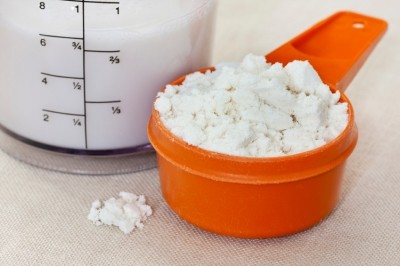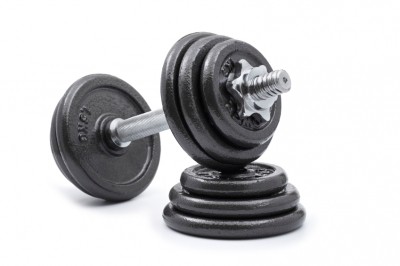Spread protein throughout the day for muscle gain and weight loss: Nestlé study

“Our data demonstrate that the quantity of protein consumed over the day is not the sole determinant of the potential to stimulate muscle protein synthesis in conditions of [a low-calorie diet] and suggests that the distribution of daily protein intake may also be important,” they wrote.
According to the researchers, sarcopoenic obesity – high fat , low muscle – is increasingly prevalent among older people, and weight loss tactics such as lowering calorie intake without a parallel exercise programme can worsen muscle loss.
Based on its findings, the study recommends an intake of 30 g of protein per meal – which would mean exceeding the 2015 EFSA guideline of 0.83 g per kilo body weight per day.
However, the researchers claim that numerous scientific studies recommend higher protein intake to support the maintenance and regain of muscle in older adults.
The study
Twenty obese men aged 60 to 75 years participated in the study and were randomly assigned to two groups: those receiving a balanced protein distribution (25% of total protein for breakfast lunch, dinner and an evening snack) or those receiving a skewed protein intake (7% - 17% - 72% and 4% of protein respectively).
Total protein intake was the same across all groups (1.3 g protein/kg/day). In the balanced intake group, participants were given a Nestlé whey protein micelle drink whereas the skewed group received protein intake from dietary sources only.
For the first two weeks subjects continued with their normal physical activity (measured with a podometer and accelometer) and then participated in supervised resistance training during the last two weeks.
Myofibrillar protein synthesis was measured using blood samples and muscle biopsy at two and four weeks.
The results
During the first two weeks, muscle and fat decreased in both groups. Fat reduction was the same for both groups but muscle loss was slightly less in the balanced protein group.
The addition of resistance training slowed down muscle loss, and myofibrillar protein synthesis was around 19% higher in the balanced protein group than skewed.
The researchers also found that combining exercise with a balanced protein diet restored the low rate of protein synthesis of the first two weeks to the levels seen with ‘normal’ energy intake before the study began.
Murphy et al. say that the findings are particularly useful given rising obesity rates among the ageing population.
“These results have potential implications for clinical practice in healthcare professionals working with community-dwelling and institutionalised older adults who have indications for weight loss.”
Source: American Journal of Physiology
"Hypo-energetic diet-induced reductions in myofibrillar protein synthesis are restored with resistance training and balanced daily protein ingestion in older men"
Published online ahead of print Mar 3 2015, doi: 10.1152/ajpendo.00550.2014
Authors: C. H. Murphy, T. A. Churchward-Venne et al.













